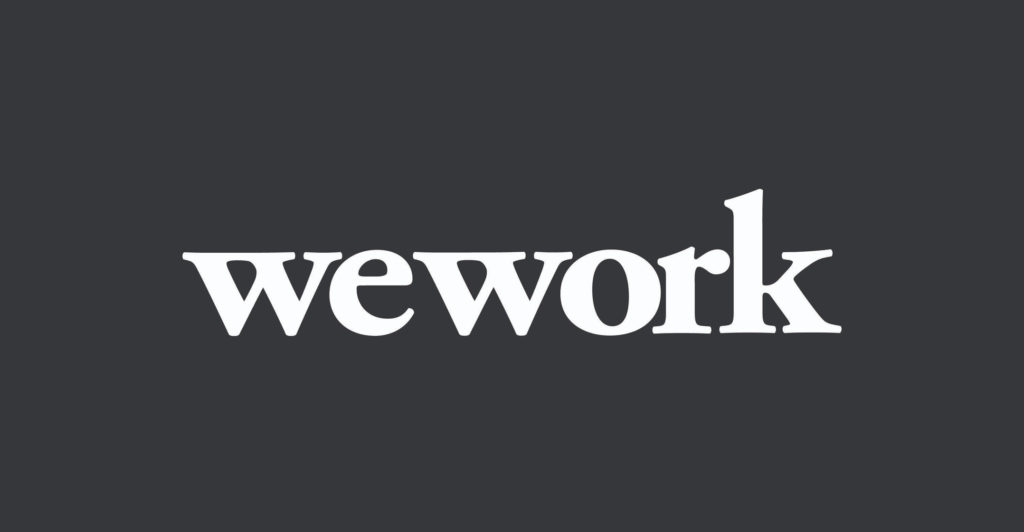What to make of WeWork, the fashionable, unprofitable, metaphysically inscrutable US$47-billion office-rental company that intends to “elevate the world’s consciousness” and potentially go public this year?
Browsing: In-depth
Green roofs are credited with attenuating extreme temperatures by keeping the rooms below the roof cool in summer and warm in winter.
Although most of us can distinguish between and remember hundreds of different faces, some people are better at it than others.
Cars made Germany into a global manufacturing powerhouse, but pollution concerns have sullied the reputation of a product that once embodied individual freedom.
Given the US-China trade war, one might think that news of Apple contravening Chinese labour laws would provide just the ammunition that Beijing needs to crack down on the tech giant.
When Naspers’s Latin America chief cold-called Alec Oxenford in 2010, he got straight to the point: he wanted to buy a majority stake of the Argentinian entrepreneur’s online classifieds business.
The theory is that consumers with older smartphones are holding out for what are expected to be the first iPhones that support 5G, a new, faster wireless standard. Not so fast.
When manufacturers are unveiling cars that can’t be driven for years to come, and the very people able to afford them are over the hype anyway, it raises the question: have we reached peak supercar?
Chip makers have spent two decades pouring investment into a revolutionary new technique to push the limits of physics and cram more transistors onto slices of silicon. Now that technology is on the cusp of going mainstream.
Japan and South Korea are showing no signs of resolving an escalating trade dispute, which traces back to 1910. It now poses a threat to the world’s technology supply chain.











